
The Queen of Christian pop music, Amy Grant also enjoyed success as a crossover pop artist in the 1980s and 1990s. Born in Georgia, her family moved to Nashville when she was 7. At 15 she wrote her first song, ‘Mountain Top’. When she recorded a demo of it for her parents, she was offered a recording contract, and her youth leader Brown Bannister also launched a career as a producer.
Grant scored her first Christian number-one hit (‘Father’s Eyes’) as a teenager in 1979, while 1982’s Age to Age topped the Christian album chart for 85 weeks (including the entirety of 1983).
Having conquered Christian music, Grant moved into secular music. In 1986 she dueted with Chicago’s Peter Cetera on the number one hit ‘Next Time I Fall’, and performed on Jimmy Webb‘s The Animals’ Christmas with Art Garfunkel. By 1991’s Heart in Motion, she was a pop star, with ‘Baby Baby’ and ‘Every Heartbeat’ capturing a breezy innocence that’s now largely vanished from the pop charts, apart from maybe Carly Rae Jepsen.
I’m not committed enough to review all fifteen of Grant’s studio records, and five (!) Christmas albums, so I’m focusing on a few of her most popular releases from the 1980s and 1990s. Even though Grant is known for pop hits and Christian contemporary music, she has an introspective side that’s displayed on records like Lead Me On and Behind the Eyes. In interviews, she’s talked about how she was influenced by 1970s singer-songwriters like Joni Mitchell, James Taylor, and Carole King. She’s an excellent vocalist too – her husky mezzo-soprano is surprisingly sexy for a CCM artist, and her vocal range is underrated.
Amy Grant Album Reviews

Amy Grant
1977, not rated
Grant was only 16 when she released her debut album. The hits (‘Old Man’s Rubble’, ‘Beautiful Music’, and ‘What a Difference You’ve Made’) came from other writers, but Grant is credited as the sole songwriter on almost half of the tracks.
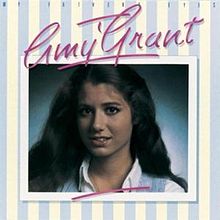
My Father’s Eyes
1979, not rated
The number one CCM hit ‘Father’s Eyes’ was written by Grant’s first husband, Gary Chapman – the couple would marry in 1982.

Never Alone
1980, not rated
Grant’s third album ends with a song named ‘Say Once More’ – a different song, also titled ‘Say Once More’, closes 1988’s Lead Me On. She still sounds very young here.
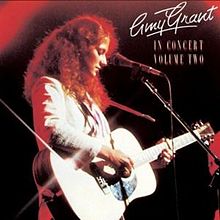
In Concert, In Concert Volume Two
1981, not rated
A pair of live albums from 1981 featured some new material – ‘I’m Gonna Fly’ from the second volume became a hit.

Age to Age
1982, not rated
Grant’s fourth studio album made her into a CCM star – it was the first Christian album to go platinum, and topped the Christian charts for 85 weeks. It’s notable for two major CCM songs from outside writers – Rich Mullins’ ‘Sing Your Praise to the Lord’, with a piano introduction taken from J.S. Bach’s “Fugue No. 2 in C Minor”, and Michael Card’s ‘El Shaddai’. I’ve heard this record and it’s good, but I’m fine with The Collection summarising Grant’s early career.

A Christmas Album
1983, not rated
Grant’s first (of many) seasonal albums – Michael W. Smith’s ‘Emmanuel’ is a noteworthy new song.

Straight Ahead
1984, not rated
Straight Ahead continued Grant’s monopoly on the Christian Charts in the early 1980s, reclaiming the top spot for Grant after Age to Age had relinquished it only 4 weeks earlier and enjoying 61 consecutive weeks at #1. Where Age to Age often feels like a 1970s throwback, Straight Ahead sounds much more contemporary.
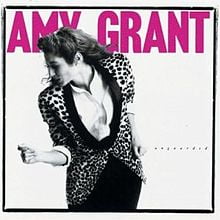
Unguarded
1985, not rated
Having conquered CCM, Grant was starting to eye up crossing over to the mainstream. Unguarded featured four different covers images. It was the last album recorded at James William Guercio’s Caribou Ranch before it was destroyed by fire.
The Collection

1986, 8/10
The best-selling Christian music compilation album draws from the first decade of Grant’s career. A few different editions are floating around, but the definitive version is the CD version from 1990. It presents 17 songs in reverse chronological order, starting with two newly recorded songs and ending with ‘Ageless Medley’. The latter was released as an EP in 1983 and includes ‘Old Man’s Rubble’ from Grant’s 1977 debut.
The chronological reversal makes sense, as the more recent synth-pop material holds up better. The two new songs, ‘Stay For A While’ and ‘Love Can Do’ are up to standard, while ‘Thy Word’ is a masterclass of simple and elegant songwriting. Age to Age is represented by ‘Sing Your Praise to the Lord’ and ‘El Shaddai’, although the country-tinged ‘I Have Decided’ and ‘In A Little While’ (featuring some amazingly low vocals from Grant in the verses) are less dignified.
The Collection is a great shortcut to Grant’s early career but it’s not definitive – much of her best music was still to come.
The Animals’ Christmas – with Art Garfunkel
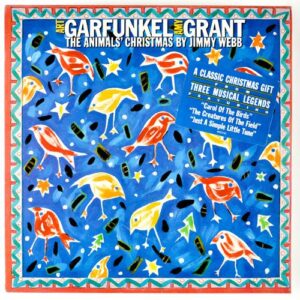
1986, 7/10
In 1983, renowned songwriter Jimmy Webb showed Art Garfunkel a cantata that he was writing for his local Church’s Christmas production. It tells the Christmas story from the perspective of the animals present. Garfunkel expressed interest in becoming involved in the project, and he sang the parts of the narrator and the angel Gabriel, while Grant was invited to sing the part of the Virgin Mary. The London Symphony Orchestra and the Wimbledon King’s College Choir also contribute integral parts – while rock musicians like Steve Gadd and Joe Osborn are present, the album’s dominated by traditional elements. The orchestra, and vocals, and Webb’s piano are the key ingredients in an ambitious Christmas album. Art Garfunkel wrote that “It was the type of project that would have been done by papal commission long ago.”
A lot of Christmas albums are low effort for the listener – a couple of new festive tracks interspersed with a bunch of holiday chestnuts. The Animals’ Christmas doesn’t fit that mould – it’s a dense record that requires effort. It’s generally worthwhile – Garfunkel’s warm vocals and Webb’s melodic skills shine through on ‘The Decree’, while Grant gets a great vocal spotlight on ‘Just A Little Simple Tune’. ‘Carol of the Birds’ is the most successful piece, a magnificent Webb melody that keeps lifting and lifting, with a lovely Grant solo in the middle.
The Animals’ Christmas isn’t for everyone, and enjoyment might depend on your tolerance of children’s choirs, but it’s a fascinatingly ambitious Christmas record nonetheless.
Lead Me On

1988, 9/10
Nestled between two of Grant’s most accessible and pop-oriented albums, Unguarded and Heart in Motion, Lead Me On is much more introspective. The album’s lyrics deal with big issues – the title track discusses slavery and the holocaust, while ‘Faithless Heart’ honestly addresses doubts about her marriage. She’s supported by prominent secular musicians like Benmont Tench on organ on ‘Saved By Love’ and Lenny Castro on percussion. Lead Me On has regularly topped polls as the best Christian album ever made – while the second half isn’t as strong as the first, it’s still Grant’s best record.
There are at least four career high points on Lead Me On. Grant went into labour with her first child while recording the title track, and it’s powered by an epic guitar riff and a complex chord structure. ‘Saved By Love’ is a sweet, country-tinged ballad. The key component is Grant’s backing vocals in the chorus, echoing “saved by love”, while it’s charming when she becomes self-referential in the final chorus, singing “Amy, she’s been saved by love.” Opener ‘1974’ is like a testimony with Grant recalling when she first became a Christian, and the chorus is lovely and airy. And there’s a gorgeous cover of Jimmy Webb’s ‘If These Walls Could Speak’. Elsewhere, Grant has a lot to say – as well as the confessional ‘Faithless Heart’, there’s a cover of Janis Ian’s ‘What About The Love?’ which seems topical as a rebuke to the power-hungry political right.
Lead Me On is Grant’s deepest record, going beyond accomplished hitmaking and examining herself and her faith.
Heart in Motion

1991, 7.5/10
Having essentially clocked Christian music, Grant made a light-hearted record of effervescent dance-pop. Closing track ‘Hope Set High’ was the Christian radio single, and it’s just about the only track here that’s explicitly Christian – indeed, it’s amusing to imagine Christian bookshops selling a record with potentially suggestive lines like “You like to drive like Mario Andretti/I like it taking my time”. But Grant managed a record full of hits on Heart in Motion, with the album cracking the top ten and housing four top ten singles, including the number one ‘Baby Baby’. Longtime producer Brown Bannister is still involved here, along with Michael Omartian and Keith Thomas.
While Heart in Motion feels a little lightweight after the introspective richness of Lead Me On, it’s still often excellent. The opener ‘Good For Me’ is my favourite of the big singles, while album track ‘Galileo’ also sounds like a potential hit. The introspection of Lead Me On is present on ‘How Can We See That Far?’, an honest love song.
Heart of Motion isn’t my favourite Amy Grant mode, but she’s effective at fun and bubbly pop.

Home for Christmas
1992, not rated
On the back of Heart of Motion, this Christmas album reached #2 on the mainstream charts and stands as Grant’s second highest-selling album. It’s mostly carols and Christmas standards, but there are a pair of significant newer songs. ‘Grown-Up Christmas List’ was written by David Foster and Linda Diane Thompson in 1990, but Grant’s version, which she wrote an extra verse for, popularised it. Grant wrote ‘Breath of Heaven (Mary’s Song)’ with Chris Eaton.
House of Love

1994, 6/10
The follow-up to Heart in Motion, House of Love was far less successful than its predecessor. The lower sales are justified, as it’s a retreat into polite adult-contemporary. While songs like ‘Say You’ll Be Mine’ valiantly try to recapture the innocent fun of her 1991 singles, it’s perhaps telling that the two most memorable songs on the disc weren’t written by Grant.
‘House of Love’ features Vince Gill on duet vocals, and it works, largely thanks to a distinctive vocal melody that the pairs’ harmonies wind around. ‘Oh How The Years Go By’ was later popularised by Vanessa Williams, but it’s a standout here. Elsewhere, House of Love is underwhelming, particularly a redundant cover of Joni Mitchell’s ‘Big Yellow Taxi’ and the saccharine closer ‘Children of the World’.
House of Love failed to match the artistic or commercial success of Heart in Motion, and Grant largely retreated from the mainstream thereafter.
Behind the Eyes
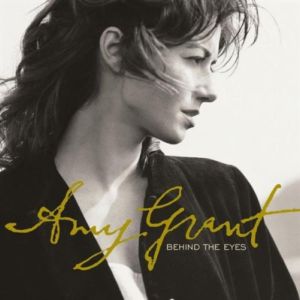
1997, 7/10
Instead of following the bubbly radio hits of Heart in Motion and House of Love, 1997’s Behind the Eyes is more like a sequel to the introspection of Lead Me On. Grant’s marriage was running into difficulties, and it’s the fuel for songs like the unrequited love of ‘Cry A River’ and the forced optimism of ‘Takes A Little Time’. Surprisingly, given its insular nature, Behind the Eyes is Grant’s highest-charting non-Christmas album.
Behind the Eyes does open with pop songs – Glen Ballard, fresh from co-writing Jagged Little Pill with Alanis Morissette, contributes the opening ‘Nobody Home’, while ‘I Will Be Your Friend’ anticipates Carly Rae Jepsen. Songs like ‘Like I Love You’ and ‘Curious Thing’ are grittier than Grant’s usual oeuvre, but she’s best on the gentler tracks. Songs like ‘Cry A River’ and ‘Somewhere Down The Road’ are lovely, while Grant’s the sole writer on ‘The Feeling We Had’, with devastating lines like “I’m tired of stitching up my dreams with/This thread of hope.”
Fans of Grant’s more introspective moments should find plenty to enjoy on Behind The Eyes.
Grant’s remained prolific in the 21st century, but I haven’t kept up, although I’m sure she’s remained thoughtful and classy.
10 Best Amy Grant Songs
Lead Me On
Saved By Love
Sing Your Praise To The Lord
Thy Word
Good For Me
If These Walls Could Speak
El Shaddai
1974
How Can We See That Far
House of Love
Back to 1980s Reviews…
2 Comments
Leave a Reply
Related Pages
Review Pages
Read about the discographies of musical acts from the 1960s to the present day. Browse this site's review archives or enjoy these random selections:
Blog Posts
I add new blog posts to this website every week. Browse the archives or enjoy these random selections:
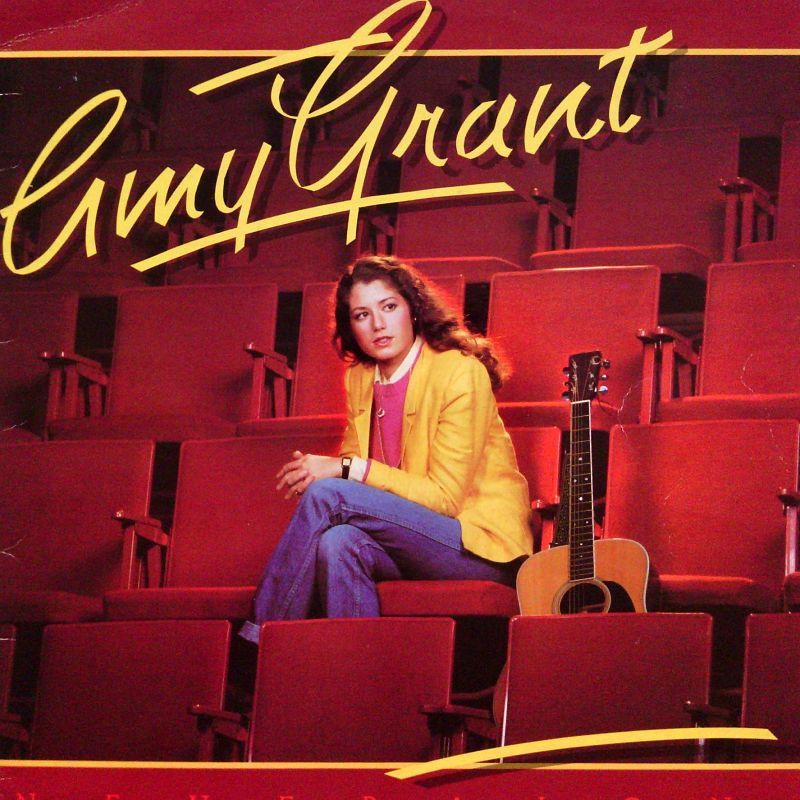

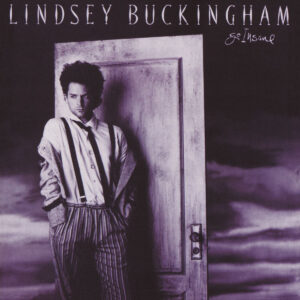
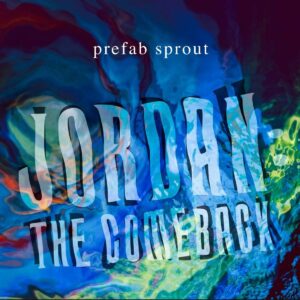
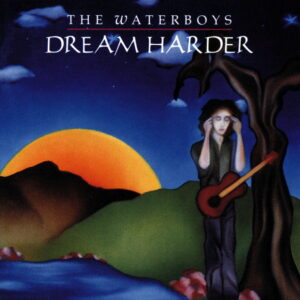
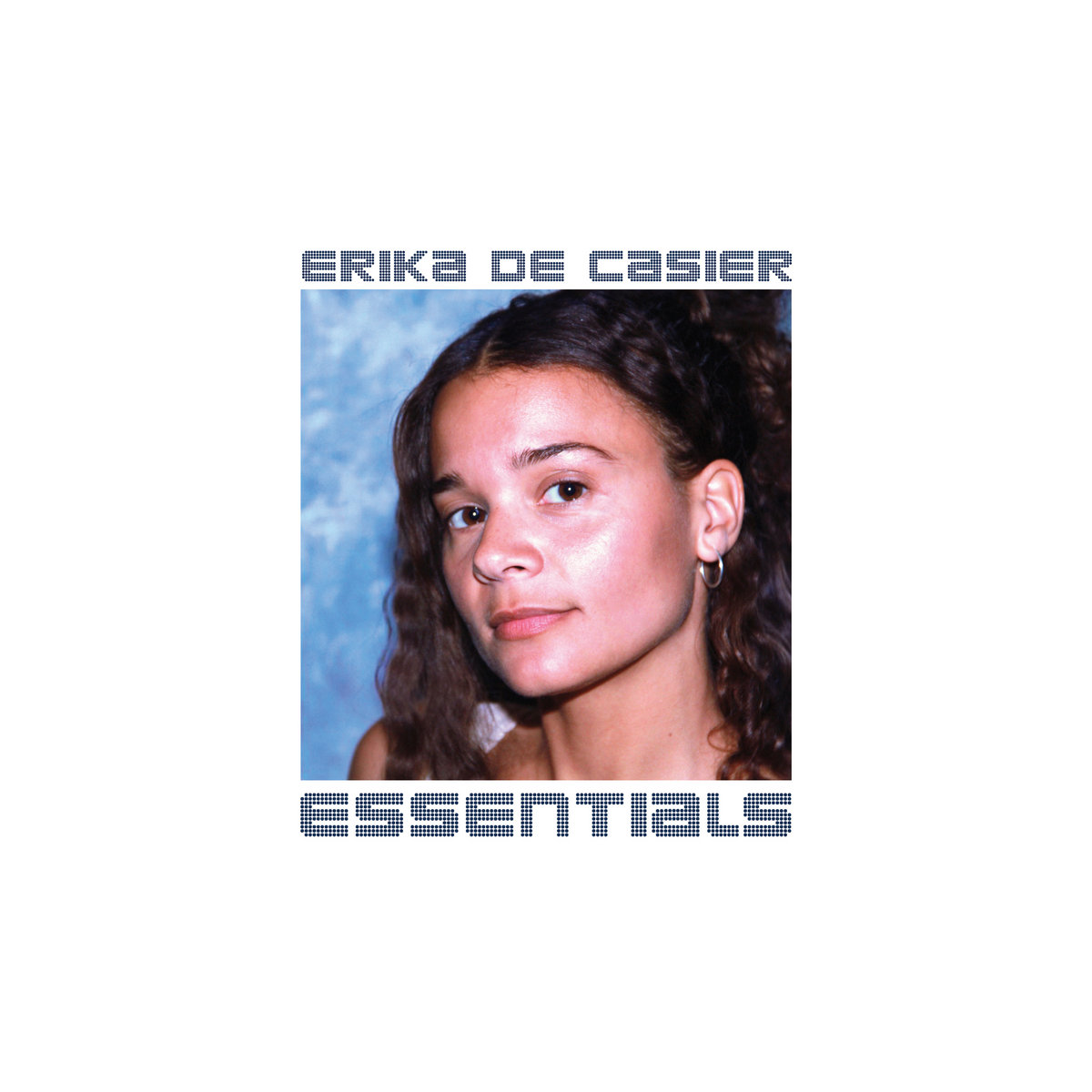
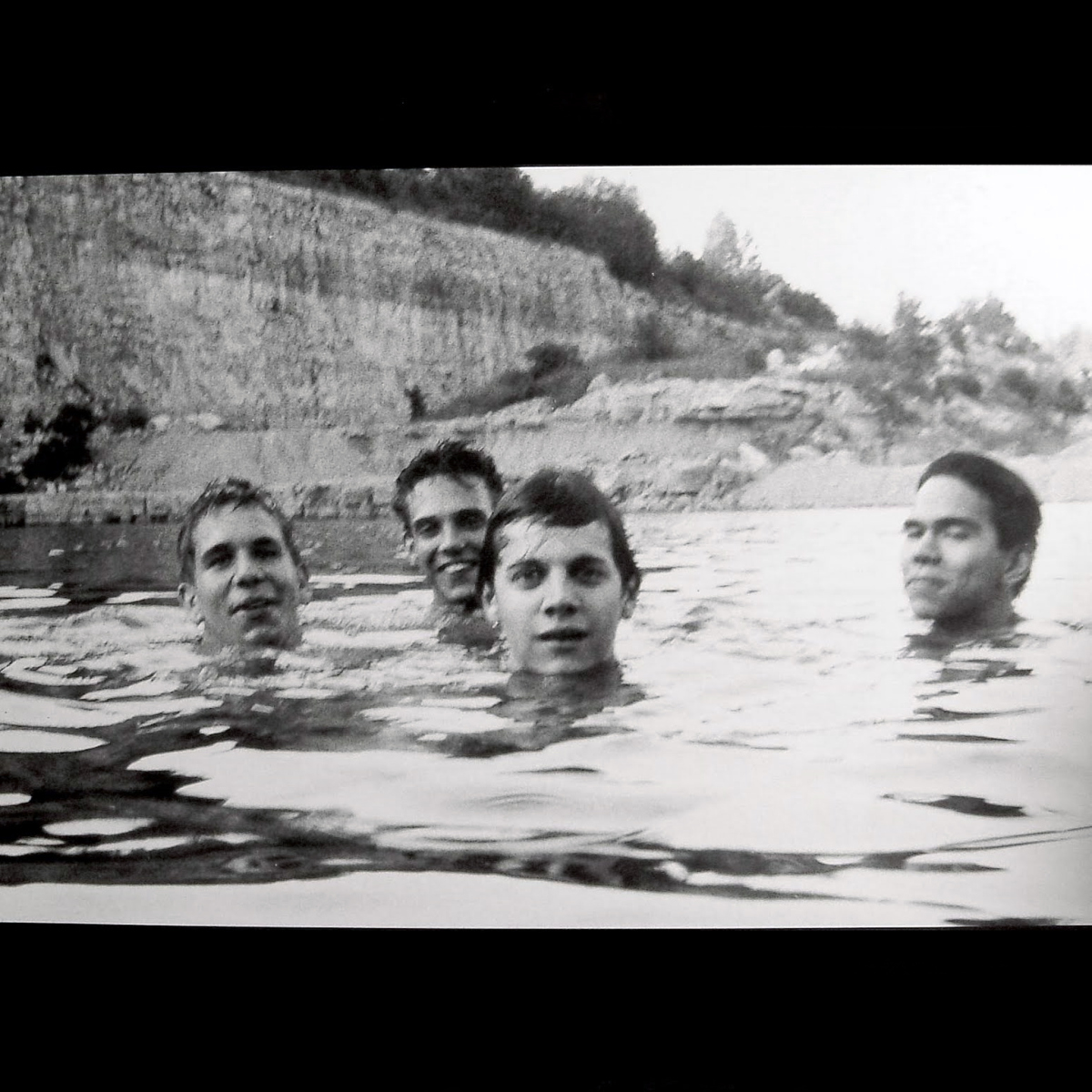
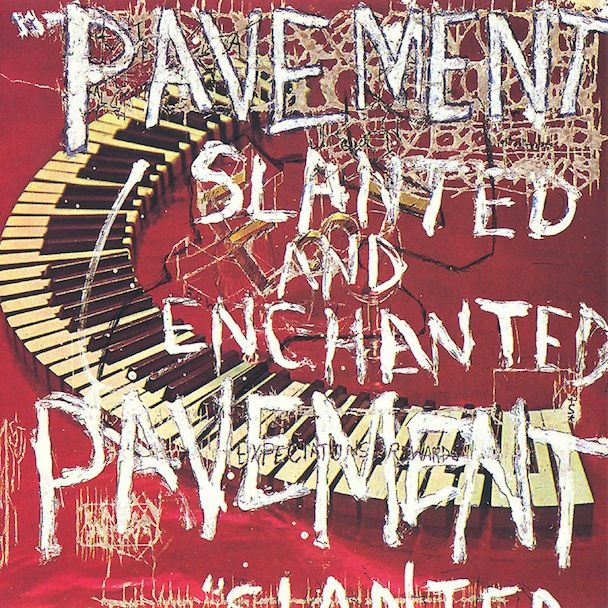


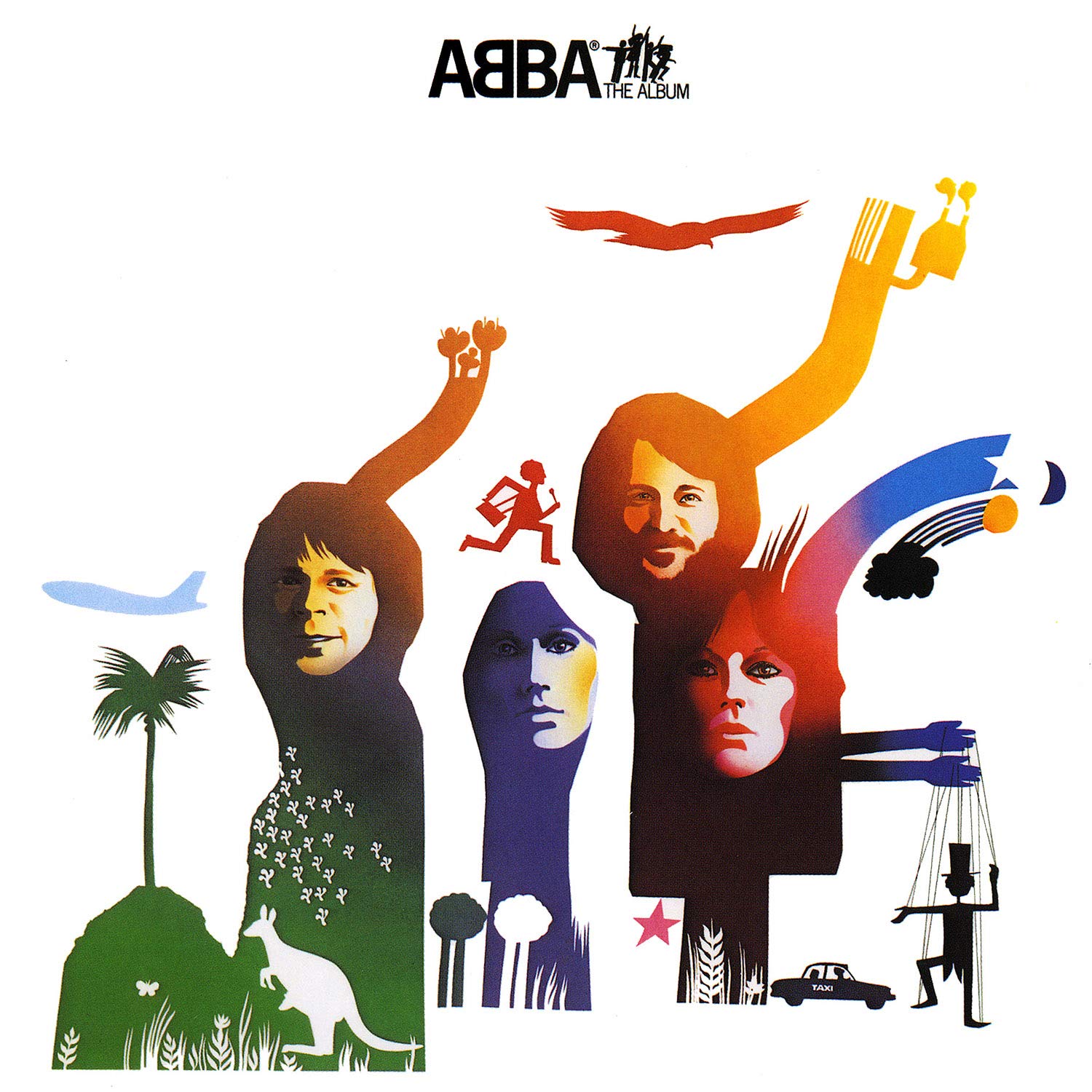
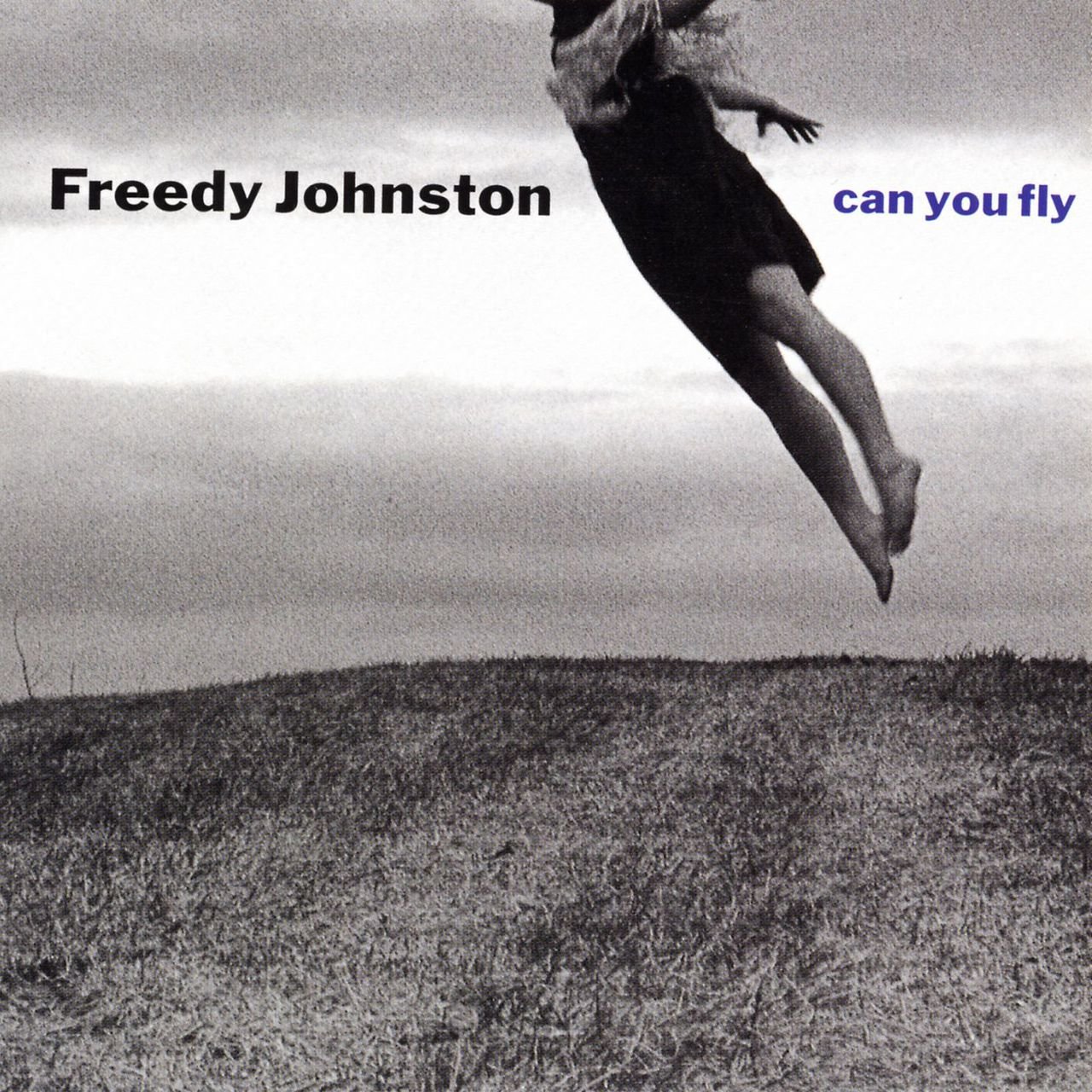
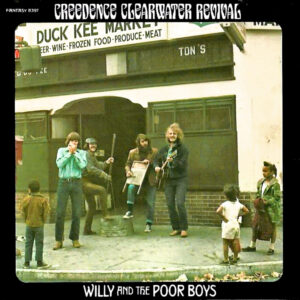
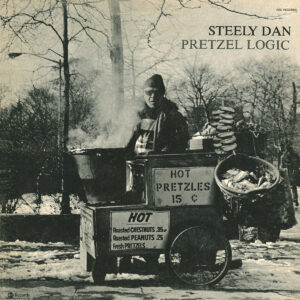
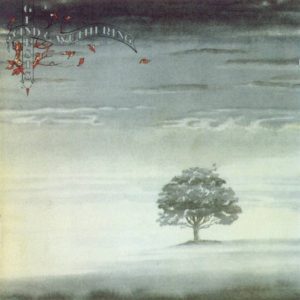

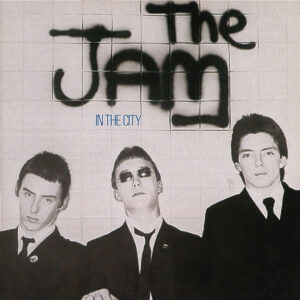

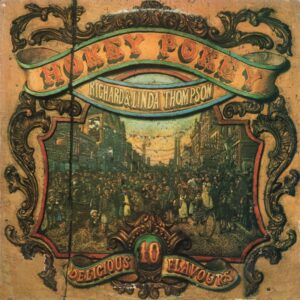
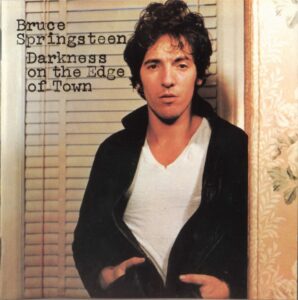




Have Mz grant s a Christmas album(CD), 1983, Emmanuel… Impressed… Really enjoyed listening to her here in Philly locally, during the ’80s and ’90s…
Cool! Thanks for writing in.